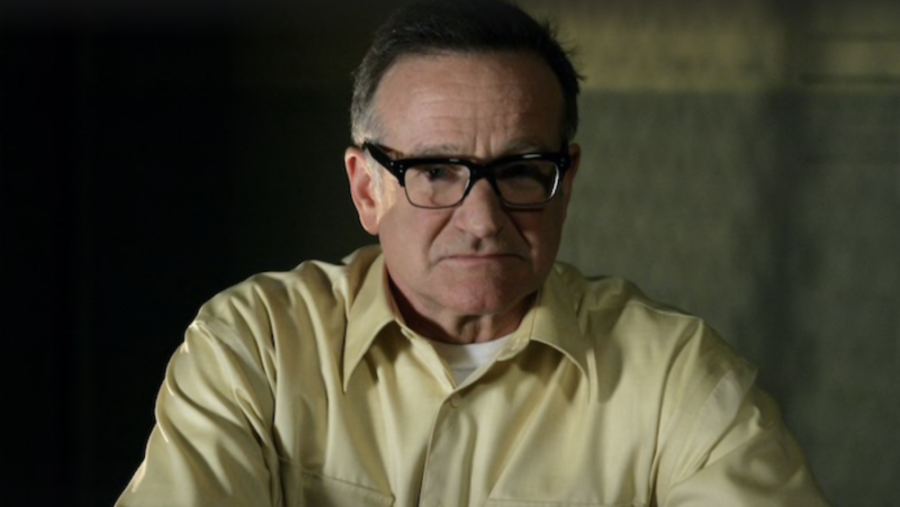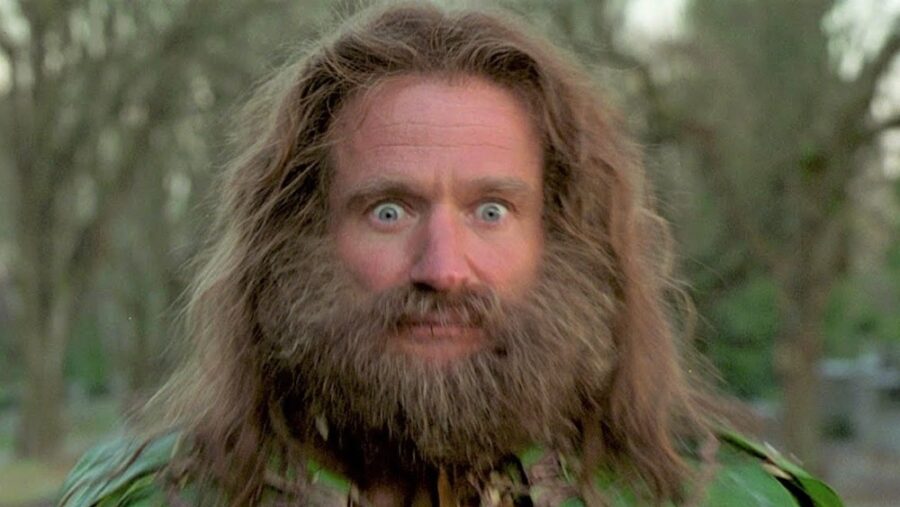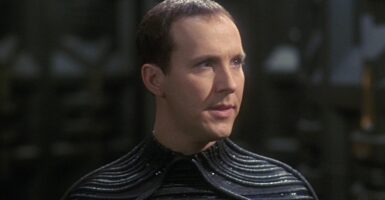Robin Williams’ Family Furious With AI Recreating His Comedy

Zelda Williams has spoken out for her famous father Robin Williams after AI voice generators used her father’s voice without consent.
Artificial technology (also known as AI) has become the latest hot topic in media discourse.
“These recreations are, at their very best, a poor facsimile of greater people. But at their worst, a horrendous Frankensteinian monster cobbled together from the worst bits of everything this industry is, instead of what it should stand for.”
-Zelda Williams on the AI technology used to recreate her father’s voice
One side has sided with technological trends, with sites like Kits.AI and Play.HT publicizes being able to “generate your own AI voices in one click”. Another side, such as Zelda Williams, has questioned the morality of this trend.
Zelda Williams turned to her Instagram stories to bring attention to the ethical downsides of using AI replication technology.
“These recreations are, at their very best, a poor facsimile of greater people,” Williams said. “But at their worst, a horrendous Frankensteinian monster cobbled together from the worst bits of everything this industry is, instead of what it should stand for.”
The future of popular media and AI has been heavily discussed, especially in light of the SAG-AFTRA and WGA Strikes. A central issue that led to these strikes is the use of AI in screenwriting and other media practices.
“I am not an impartial voice in SAG’s fight against AI. I’ve witnessed for YEARS how many people want to train these models to create/recreate actors who cannot consent, like Dad. This isn’t theoretical, it is very very real.”
-Zelda Williams on the AI technology used to recreate her father’s voice
The SAG-AFTRA strike is additionally fighting for actors like Robin Williams by demanding higher residual pay and better work conditions, among other things.
The WGA Strike, which ended September 27, created new boundaries with how AI should be used in the writer’s table. However, the SAG-AFTRA strike is still fighting for further job security protections from artificial technology.
Writers and actors have called this idea into action, saying it interferes with the creative process. Zelda Williams also commented on how the use of Robin Williams’ voice has impacted the fight for other actor’s rights.
“I am not an impartial voice in SAG’s fight against AI,” Zelda said. “I’ve witnessed for YEARS how many people want to train these models to create/recreate actors who cannot consent, like Dad. This isn’t theoretical, it is very very real.”
The process is very real in the ideas of many movie executives. Other news sources report talks from higher-ups about using AI in creating and replicating digital media.

Some administrators have suggested using AI replicas to reduce the use of “extras” in movies, reduce the time in the writers’ room, and even write movies and TV shows altogether.
Replicating extras has been used in some TV shows lately, such as the hit show Ted Lasso. Since the show was mainly created during the COVID-19 pandemic, the team was allowed to use technology to replicate people used as extras instead.
Many actors, such as Robin Williams, get their start in the show business through the use of “extra” work. The practice of replicating actors using AI has called into question job security and livelihood for newcomers in the industry.
Companies such as Showrunner.AI have used data from artificial intelligence to create episodes independently. The start-up company teased the concept by creating an episode of South Park using only AI technology.
Zelda Williams, daughter of the late Robin Williams, speaks out publicly against the AI technology that has been used to recreate her father’s voice.
This has caused moral concerns for the entertainment community as a whole, especially since consent was not secured from South Park‘s creators prior to the episode being created.
The fear of AI replacing jobs is not exclusive to the movie industry. According to research done by Forbes, 1.4 billion jobs will be impacted by the use of artificial technology. Forbes even reports that 40-50 percent of workers “will need new job skills over the next three years.”












